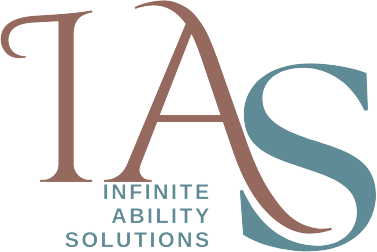As an assistive technology specialist with over 9 years of experience, I understand the importance of providing comprehensive disability support services in universities or Further Education Training (FET) institutions. It is crucial that these services are inclusive and accessible to all students with disabilities. Allow me to provide you with some valuable insights and guidance as you make decisions regarding disability support services at your institution.
1) Accessibility:
First and foremost, physical accessibility is of utmost importance. Wheelchair ramps, elevators, and accessible parking spaces should be available to ensure that students with mobility impairments can navigate the campus independently. By providing these essential facilities, you create an inclusive environment that promotes equal participation for all students.
2) Accommodations:
Accommodations play a significant role in meeting the individual needs of students living with disabilities. It is vital for universities and FET institutions to offer a range of accommodations that are tailored to each student’s specific requirements. This may include granting additional time for exams, providing note-taking services, offering alternative formats for textbooks or course materials, and incorporating assistive technology.
I have personally witnessed the positive impact of assistive technology in empowering students living with disabilities. Whether it be screen readers, speech recognition software, or magnification tools, the right assistive technology can aid students in accessing information, communicating effectively, and completing their academic tasks. It is essential for universities to invest in and provide access to such technologies, ensuring that their students can thrive in their academic pursuits.
3)Supportive Staff:
Moreover, the role of disability support staff cannot be underestimated. These professionals should possess a deep understanding of disabilities and the accommodations available to students. With such knowledge, they can serve as invaluable guides, assisting students in navigating the support services and advocating on their behalf when necessary. Having a supportive and knowledgeable staff team is vital in creating an environment where students living with disabilities feel comfortable seeking the assistance they require.
4)Communication:
Finally, clear and effective communication ensures that students living with disabilities receive the support they need. Universities and Further Education Training (FET) institutions should establish transparent policies and procedures for accessing disability support services. These guidelines should be readily available to all students, ensuring that they are aware of the resources and accommodations that are available to them. By providing such communication channels, you empower students to advocate for themselves and seek the support they require to excel academically.
Conclusion
In conclusion, it is imperative for University or Further Education Training (FET) institutions decision-makers to prioritize the development of comprehensive disability support services. By ensuring physical accessibility, offering tailored accommodations, employing knowledgeable staff, and establishing clear communication channels, you can create an inclusive environment that fosters the success and well-being of students living with disabilities. As an assistive technology specialist, I have witnessed firsthand the positive impact of such services on students’ lives. By incorporating these insights into your decision-making process, you can strive towards a more inclusive educational experience for all students.


